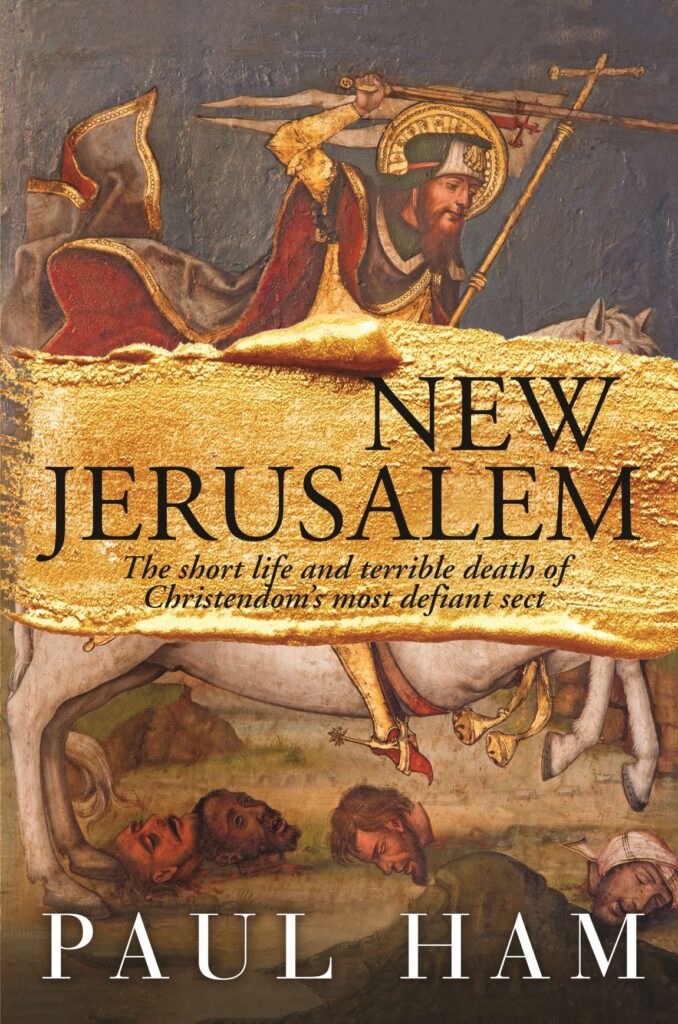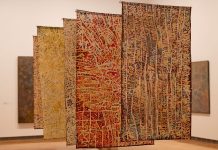Jeff Popple reviews a fascinating new history book about religious obsession and persecution.
New Jerusalem by Paul Ham

William Hienemann, $45
In 1534, a radical religious sect which believed in the impending Apocalypse seized the German walled city of Munster. The Melchiorites, named after their founding prophet, were despised by both the Lutherans and the Catholics, which considered them to be dangerous heretics. Long persecuted for their beliefs, the Melchiorites saw in Munster, which they renamed ‘New Jerusalem’, the opportunity to institute their own form of rule while waiting for the return of Christ.
Once they had control of Munster, they set about expelling the priests, destroying religious icons, adopting a form of communistic government and imposing a law of polygamy that compelled all women and girls to marry. Men were encouraged to claim multiple wives, including their leader, John of Leiden, who married many of the city’s prettiest young women.
Outside of the city, rumours quickly circulated of the blasphemy, violence and depravity of the Melchiorites, particularly the debauchery of legalised polygyny. The Catholics and Lutherans were determined to make an example of this dangerous sect of crazed heretics, in case other radical groups tried to overturn the ruling powers. So began the 18-month siege of Munster by a local bishop, which shut the city off from the rest of the world, inflicted terrible suffering upon the inhabitants and ended in a bloody showdown.
In New Jerusalem, Sydney historian Paul Ham has done a marvellous job of rescuing this relatively obscure event from the footnotes of history. Using an impressive array of sources, Ham vividly brings to life the siege of Munster and the events that led up to it. He also casts it against the broader religious movements and conflicts of the time. He writes in a very readable manner and New Jerusalem is a fascinating account of a period of religious madness and retribution that has disturbing parallels to the present.
For more:








